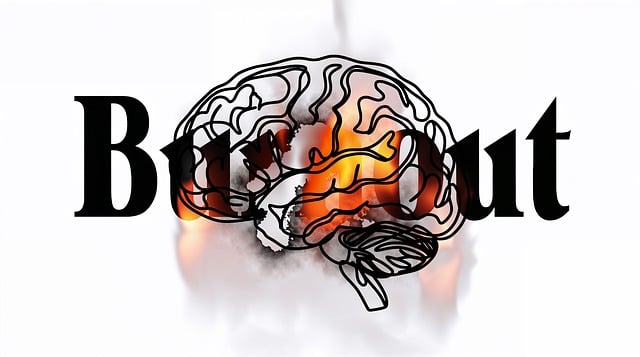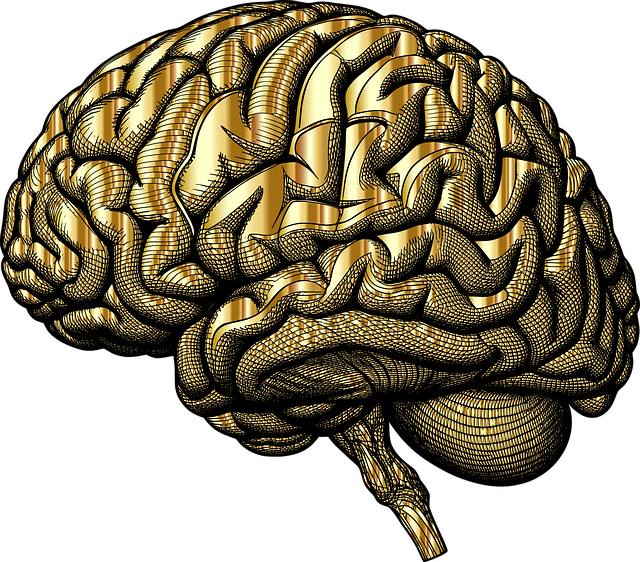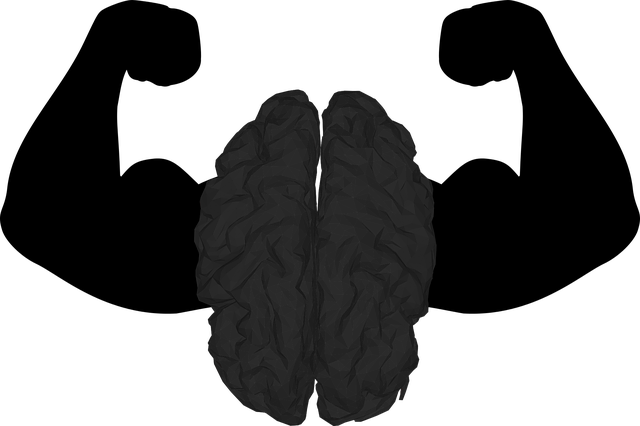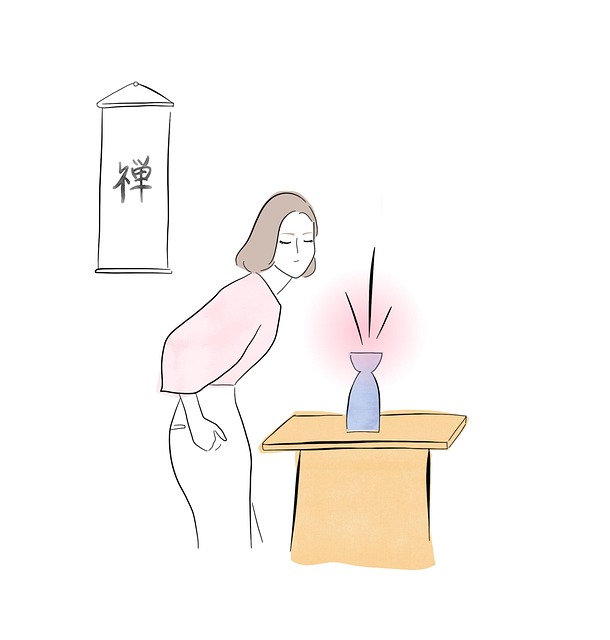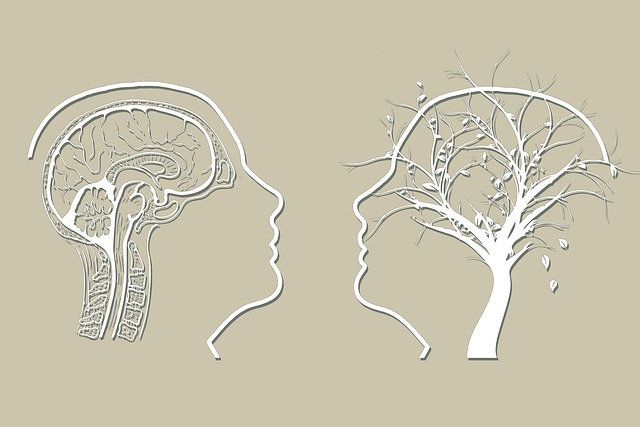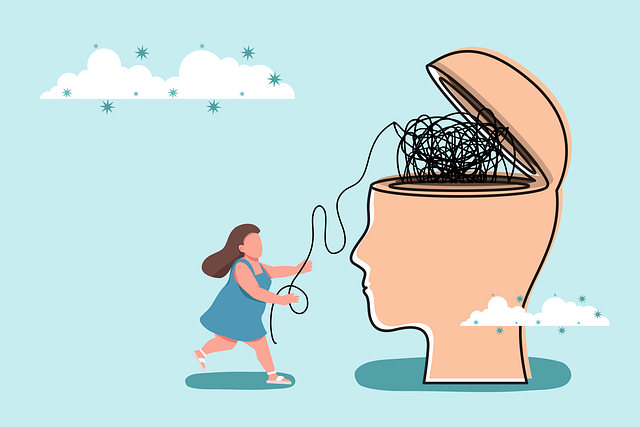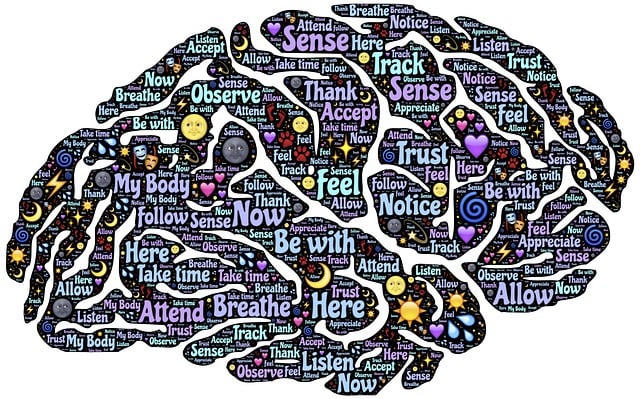Littleton Young Adults Therapy (LYAT) advocates for culturally competent healthcare, addressing biases that impact patient care, especially among diverse young adults with mental health issues. They offer interactive training, including mindfulness meditation and role-playing, to empower providers with empathy and self-awareness. LYAT's approach enhances cultural sensitivity, improves patient satisfaction, and tailors therapy to individual needs. Through ongoing dialogue, feedback, and adaptation, they ensure their programs remain dynamic and effective in promoting inclusive healthcare environments. This comprehensive training is key to meeting the complex needs of a diverse population, fostering holistic well-being, and ensuring equitable access to quality care.
Healthcare provider cultural competency training is an essential component of modern medical practice, especially in diverse communities. This article explores the critical need for such training, focusing on its impact on patient care as exemplified by case studies from Littleton Young Adults Therapy (LYAT). We discuss effective training strategies and provide insights into implementing and evaluating these programs, highlighting LYAT’s successful approach. Additionally, we explore future directions, emphasizing continuous learning for healthcare teams to better serve diverse populations.
- Understanding Cultural Competency in Healthcare: A Need for Change
- The Impact of Cultural Biases on Patient Care: Case Studies from Littleton Young Adults Therapy
- Designing Effective Training Programs: Strategies for Healthcare Providers
- Implementing and Evaluating Cultural Competency Training at Littleton Young Adults Therapy
- Future Directions: Continuous Learning for Diversified Healthcare Teams
Understanding Cultural Competency in Healthcare: A Need for Change

In today’s diverse society, understanding cultural competency in healthcare is no longer an option but a necessity. The traditional one-size-fits-all approach often fails to address the unique needs and beliefs of patients from various ethnic, cultural, and socioeconomic backgrounds. This gap can lead to misunderstandings, mistrust, and even poor health outcomes. At Littleton Young Adults Therapy, we recognize that cultural competency is the cornerstone of quality patient care, fostering a safe and inclusive environment for all individuals seeking support.
By integrating mindfulness meditation and empathy-building strategies into training programs, healthcare providers can enhance their cultural sensitivity. This proactive approach helps prevent burnout, a common issue in the demanding field of healthcare, especially among young professionals. Through these initiatives, Littleton Young Adults Therapy aims to empower medical staff with the tools needed to navigate complex cultural landscapes, ultimately improving patient satisfaction and treatment efficacy.
The Impact of Cultural Biases on Patient Care: Case Studies from Littleton Young Adults Therapy

Cultural biases among healthcare providers can significantly impact patient care, especially when treating young adults with mental health challenges. A case study from Littleton Young Adults Therapy (LYAT) highlights this issue. At LYAT, researchers observed that certain cultural stereotypes and assumptions led to misdiagnoses and inappropriate treatment plans for patients from diverse ethnic backgrounds. For instance, a teenager presenting symptoms of depression might be perceived through the lens of their race or ethnicity, influencing how healthcare professionals interpret and address their issues.
This bias can hinder effective therapy and contribute to the perpetuation of mental illness stigma within the medical community. Case studies at LYAT suggest that mindfulness meditation and cultural competency training can mitigate these biases. By educating providers on the nuances of diverse cultures and promoting empathy, such as through Depression Prevention and Mental Illness Stigma Reduction Efforts, healthcare services become more inclusive and responsive to the unique needs of young adults from various backgrounds, ensuring better patient outcomes.
Designing Effective Training Programs: Strategies for Healthcare Providers

Effective cultural competency training for healthcare providers requires a strategic approach that goes beyond surface-level understanding. At Littleton Young Adults Therapy, we believe in designing programs that foster genuine connection and empathy. This involves incorporating interactive Self-Awareness Exercises and role-playing scenarios to simulate real-life interactions with diverse patients. By encouraging providers to walk in their patients’ shoes, these exercises promote deeper understanding and enhance Stress Management Workshops.
Additionally, our training emphasizes the importance of ongoing dialogue and reflection. We facilitate group discussions where professionals can share experiences, learn from each other’s perspectives, and develop Burnout Prevention Strategies for Healthcare Providers. This collaborative environment not only strengthens individual skills but also cultivates a culture of resilience within healthcare teams, ensuring they are equipped to provide culturally sensitive care in a dynamic and demanding field.
Implementing and Evaluating Cultural Competency Training at Littleton Young Adults Therapy

At Littleton Young Adults Therapy (LYAT), implementing cultural competency training is a multifaceted process aimed at enhancing care delivery and fostering an inclusive environment. The program prioritizes understanding and respecting diverse cultures, ethnicities, and backgrounds, ensuring every client receives personalized, culturally sensitive therapy. This approach not only improves patient outcomes but also strengthens the therapeutic alliance.
The evaluation of LYAT’s cultural competency training involves regular feedback from both clients and therapists. Through surveys and focus groups, they assess the impact on clinical practices, such as improved mood management strategies and enhanced self-care routine development for better mental health. Additionally, empathy building strategies have seen significant success in facilitating open communication, making therapy more accessible and effective. This continuous evaluation ensures that LYAT’s training remains relevant and impactful, adapting to the evolving needs of its young adult clientele.
Future Directions: Continuous Learning for Diversified Healthcare Teams

As healthcare continues to evolve, so does the need for diverse and culturally competent teams. Future directions in healthcare provider training emphasize continuous learning and adaptation to meet the complex needs of a varied patient population. This includes addressing the unique challenges faced by marginalized communities, such as young adults navigating their mental health journey at organizations like Littleton Young Adults Therapy. By incorporating ongoing education on cultural sensitivity, implicit biases, and microaggressions, healthcare providers can improve patient outcomes and foster more inclusive environments.
The integration of emotional healing processes, emotional regulation techniques, and coping skills development into training programs empowers healthcare professionals to support patients holistically. This approach recognizes the interconnectedness of physical, mental, and cultural aspects of well-being. Through continuous learning and self-reflection, diversified healthcare teams can better serve their communities, ensuring equitable access to quality care for all individuals, regardless of their background or identity.
Cultural competency training is not just a recommendation but an imperative for healthcare providers, as evidenced by the successful implementation at Littleton Young Adults Therapy. By addressing biases and promoting understanding, such programs significantly enhance patient care. As the healthcare landscape continues to diversify, ongoing training becomes crucial for ensuring equitable and effective treatment for all. Building on the strategies outlined in this article, future initiatives should focus on continuous learning and adaptation to stay responsive to cultural nuances, ultimately fostering more inclusive and compassionate healthcare environments, especially within settings like Littleton Young Adults Therapy.
